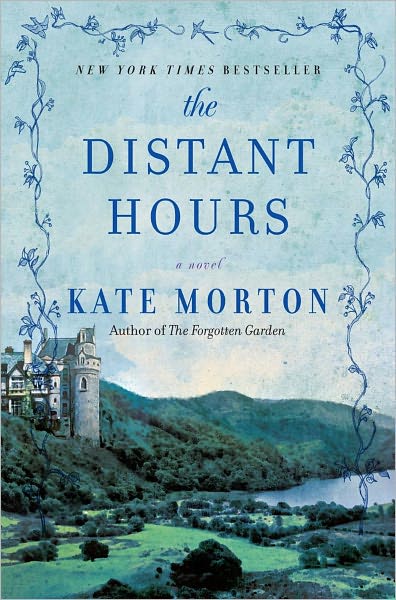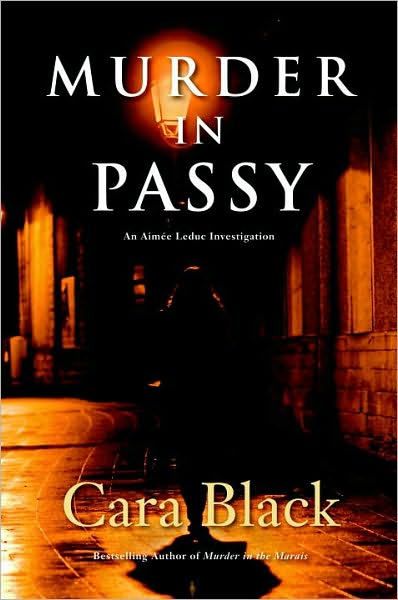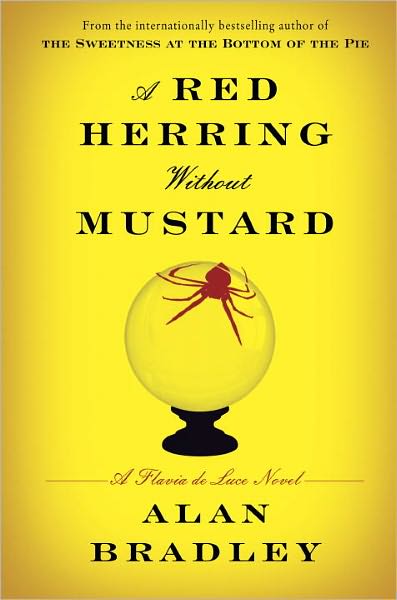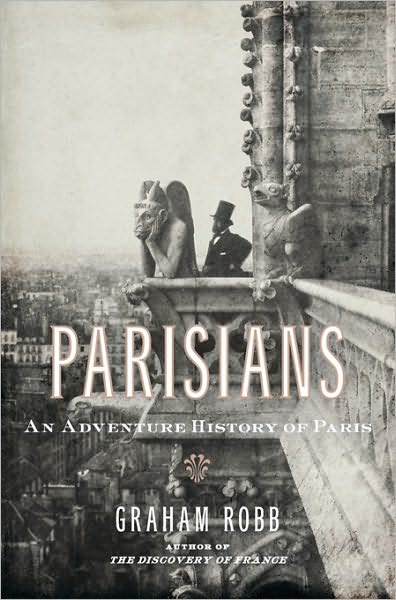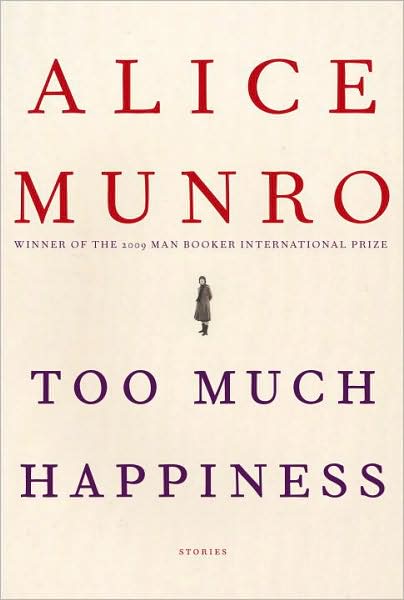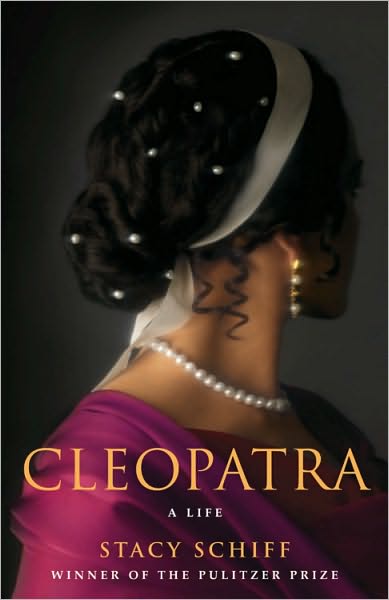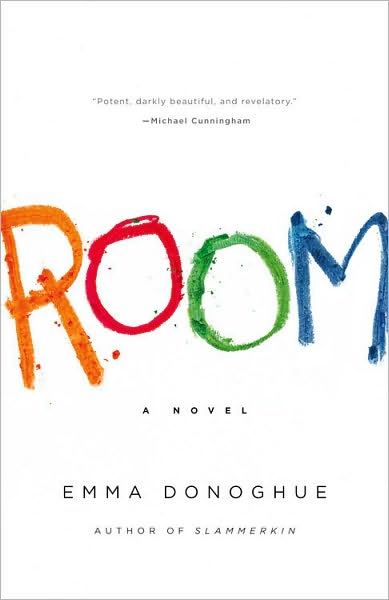
Usually this level of praise makes me skeptical. Not to mention that I'd already decided to avoid the book because of the subject matter. A little five year-old boy, Jack, tells this story. He lives with his mother in Room. He doesn't know anything else and thinks the world outside Room is Outer Space. So, everything in Room, to him, is unique. So it's Table, instead of the table; Toilet, instead of the toilet; Rug, instead of the rug.
Of course, that means his mother had him in Room and that she too can't get out. The man that locked her up, only known as Old Nick, kidnapped her at 19. So this gives me the hibbie jibbies. She does the best she can raising Jack, teaching him what she can and making due with what Old Nick provides. Mind you, he doesn't really provide for them. She has to ask for things like medicine for "Sundaytreat," as Jack calls it.
Even though Jack is telling the story, you can get a feel for how his mother feels. They have few books, which of course they've read multiple times. She tries to keep him as active as possible within an 11' by 11' space. Her teeth are rotting, she suffers from bouts of depression. All things considered, she's doing an admirable job of raising her son. Considering the inherent boredom that must come within this type of situation, the book is never boring. Donoghue has painfully flawed characters--something to appreciate, since it would have been so easy to make Jack and his mom saint-like.
I think the story didn't end up creeping me out because Jack tells it. He doesn't know anything different from Room, so his perceptions aren't shaped on what he's missing. He's smart and inquisitive, and the combination of that with his lack of knowledge of the outside world drive his mother into taking a huge risk to get him out of Room.
Totally worth the short amount of time it takes to read. That doesn't mean it's simple and you'll forget about it as soon as you finish it. You'll be thinking about it for a while.
Next up: Mistress of Nothing, by Kate Pullinger. This is the book that beat out Alice Munro's Too Much Happiness for the Governor General's Literary Award, in Canada. The reviewer from WaPo was quite outraged by this. I'll let you know if I think he's right!
